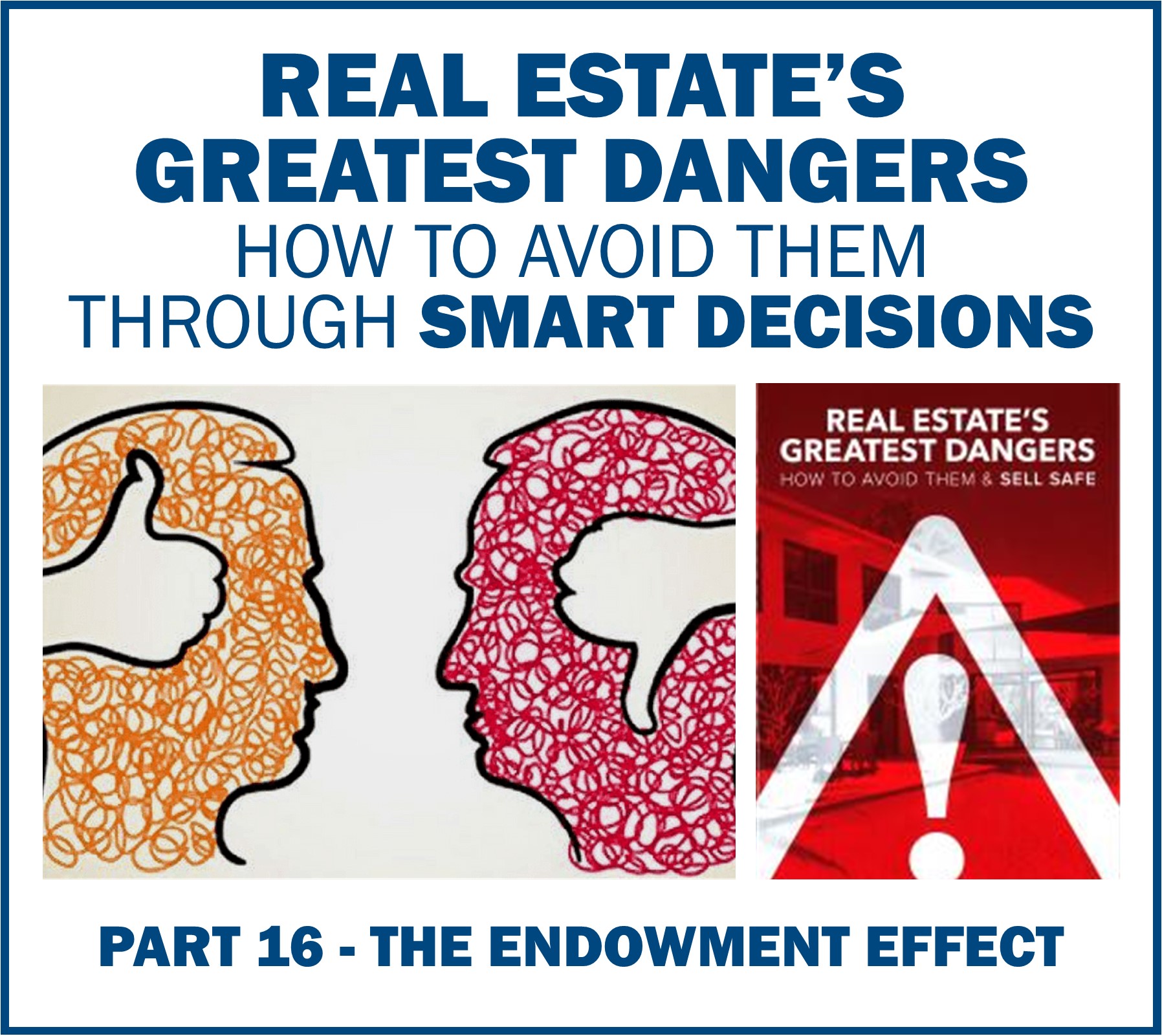Unlike an agent, an independent valuer does not stand to gain financially from an inflated price.
The endowment effect is a well-known economic hypothesis where people ascribe more value to things merely because they own them. The stronger the personal and emotional connection, the higher is the perceived value.
Owning a home is a very personal and emotional experience. Strong connections can form between individuals and their houses. As a family grows, intensely personal experiences turn a house into a family home and the emotional connection continues to grow.
Harvard professor of business, Dr Max Bazerman (1999), suggests that home sellers may be particularly affected by the endowment effect, which manifests in an increased initial asking price. Dr Bazerman explains that sellers may reject early offers around market value, only to later come to regret that decision as the reality of the true market price sinks in.
Sellers who think they may be prone to the endowment effect should seek out an unbiased assessment from a knowledgeable but disinterested third party.
Unlike an agent, an independent valuer does not stand to gain financially from an inflated price, and unlike the seller, there is no emotional attachment or ownership of the property. They can provide a true disinterested valuation.
A seller can assess the price they receive from a valuer against their trusted agent’s market analysis of recently sold properties. This information can then be used to establish a likely market value, along with a marketing and price strategy.
This article is an excerpt from “Real Estate’s Greatest Dangers – How to avoid them Through Smart Decisions” written by Andrew Trim – Managing Director of the Johnson Real Estate group – To receive a free please email mail@goulburnre.com.au and we can post a copy to you or visit our office at 148 Auburn Street.

